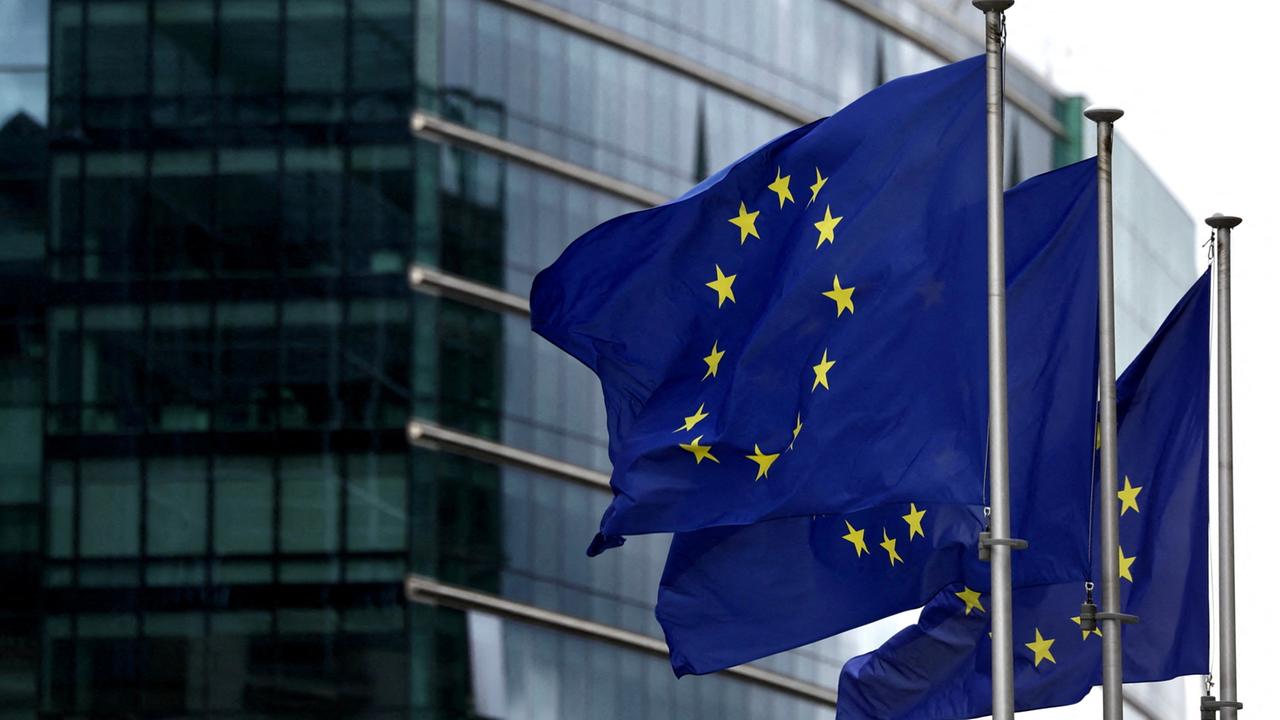A majority in the vote on the EU supply chain law was unsure because of the FDP's resistance. The vote has now been postponed at short notice. The Greens speak of an “embarrassment in Brussels”.
The final vote on the EU Supply Chain Act in the Council of EU Member States has been postponed at short notice. This was announced by the Belgian Council Presidency. One reason is probably that Germany abstained from the vote because of the resistance of the FDP. This would no longer have ensured the necessary majority among the member states.
The EU Supply Chain Act aims to hold large companies accountable if they profit from child or forced labor outside the EU. They should also be more committed to complying with the Paris climate goals to limit global warming. Germany already has a supply chain law, but the EU project goes beyond the German requirements.
Concerns from other EU countries
The traffic light parties had originally enshrined in the coalition agreement that they would advocate for a European regulation. Last week, Federal Justice Minister Marco Buschmann and Federal Finance Minister Christian Lindner (both FDP) announced that they did not want to support the law that had actually been negotiated. In its current form, it is “unreasonable for small and medium-sized companies,” said Buschmann.
The federal government then announced that it would abstain from the final vote in the Council of EU Member States. What is required is a yes from 15 of the 27 EU states, which must also represent at least 65 percent of the EU population. Italy and several small EU countries, among others, had also expressed concerns.
Most recently, a letter from Buschmann to his EU counterparts caused a further stir. In it, the FDP politician explained his rejection and also appealed to his colleagues to withdraw their consent to the law that had already been agreed upon.
Demands for rethinking
The approach is met with criticism. EU MP Anna Cavazzini from the Greens said: “The FDP not only forced Germany to abstain, but also put pressure on other countries not to agree to the EU supply chain law.”
The leader of the Green Party in the Bundestag, Katharina Dröge, explained that the vote on such an important directive was in jeopardy precisely because of a lack of approval from Germany, which was “extremely bitter”. However, the postponement gave us another chance. Germany must agree to the supply chain directive at the next meeting in order to restore its reputation as a reliable partner in the EU. Now the government is asked. “We expect that this embarrassment will not be repeated in Brussels.”
The Social Democratic MEP Tiemo Wölken sees the reliability of the Federal Republic as a negotiating partner in the Council of the European Union shaken. “That also means that Germany is losing a lot of weight,” he said. The FDP must “finally give up its anti-Europe course, otherwise we risk the Federal Republic's credibility as a partner in Europe in the long term.”
New date unclear
The FDP member of the Bundestag Carl-Julius Cronenberg, however, emphasized that, in addition to Germany, clear criticism had been heard from many other member states. “This widespread skepticism shows that further discussions and improvements are needed. The directive would have meant a massive bureaucratic burden without improved protection of human rights,” he said. “The planned auditing and reporting obligations would have massively overburdened medium-sized businesses in particular.”
It is still unclear when the member states should vote again on the supply chain law. However, the postponement makes it questionable whether the directive can be passed before the European elections at the beginning of June.



